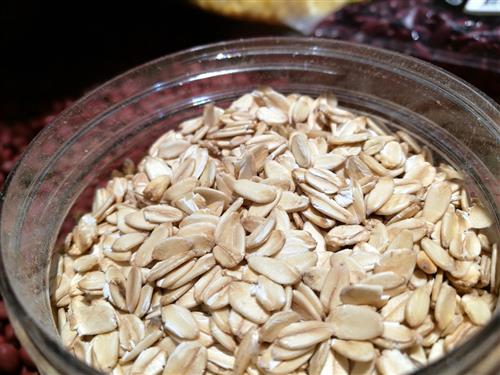How can a new mother feed her milk
It is said that breastmilk is the mother's first precious gift to her baby. With the deepening of the importance of breastfeeding, mothers will also try to ensure the quality and quantity of milk secretion. The simplest way to achieve this is that the “milk cow†mother eats well and is in good health.

1 full range of food, do not eat
Breast-fed mothers can not have a single staple food. It is recommended to use coarse and fine ingredients such as oats, wheat, millet, etc. This will ensure the supply of various nutrients and increase the value of protein use. Cooking less oil, frying and cooking
2. Adequate quality protein
The quality of protein nutrition in the new mother's body has a great influence on lactation. If the quality and quantity of protein in the diet are not satisfactory, the secretion of milk can be reduced, and the amino acid composition of the protein in the milk is affected, which is not conducive to the growth and development of the baby. The Nutrition Society of China recommends that nursing mothers should increase their protein intake by 20 grams per day compared with normal women, and that they must ensure the intake of high-quality protein. For vegetarian mothers, they should eat more tofu, dried beans, soy products, and the right amount of nuts. In addition to providing oil and some proteins, nuts also provide some micronutrients.
3. Adequate fat
Fat, especially unsaturated fat, helps your baby's development of all nervous systems, including the brain. To be smart with your baby, the absorption of unsaturated fatty acids is critical. When a nursing mother's diet contains fat, the fat content in the milk is also relatively high. The baby will also be hungry and will not be hungry after a while.
4. Eat more calcium-rich foods
The lactating mother's dietary calcium reference intake is 1200 mg daily. It is difficult to achieve in the daily diet. Dairy products and soy products have high calcium content and are easy to absorb and use. They need to increase the intake of such substances after birth, followed by the bone-in-shelled small fish shrimp also rich in calcium.
Of course, calcium supplements can also be supplemented under the guidance of a health care practitioner. In addition, it should be sun-dried or given an appropriate amount of Vitamin D, which is also important for promoting the absorption of calcium.
5. Prevention of trace element deficiency
Ingest enough fresh vegetables, fruits, and seaweeds. In the new mother's diet, fresh fruits and vegetables contain a variety of inorganic salts, vitamins, cellulose, pectin, organic acids and other ingredients, these foods can increase appetite, prevent constipation, promote lactation, must ensure that more than 500g daily supply.
6. Ensure water intake
If mother lacks water, it will also affect the production of milk. Therefore, in addition to various types of nutrients, the daily supplement of a sufficient amount of liquid is also a key. As for the time of hydration, you can supplement after each breastfeeding, but avoid drinking beverages with high sugar content, or commercially available teas or fruit juices, as they may contain artificial additives, though not breastfeeding mothers. Food taboos, but it is still recommended that natural, fresh foods, such as the use of fresh milk instead of milk tea, fruit instead of fruit juice, in addition, nutritious soup products, such as milk, soy milk and so on.
fine chemicals,fine chemicals corporation,fine chemical companies
Shaanxi YXchuang Biotechnology Co., Ltd , https://www.peptide-nootropic.com